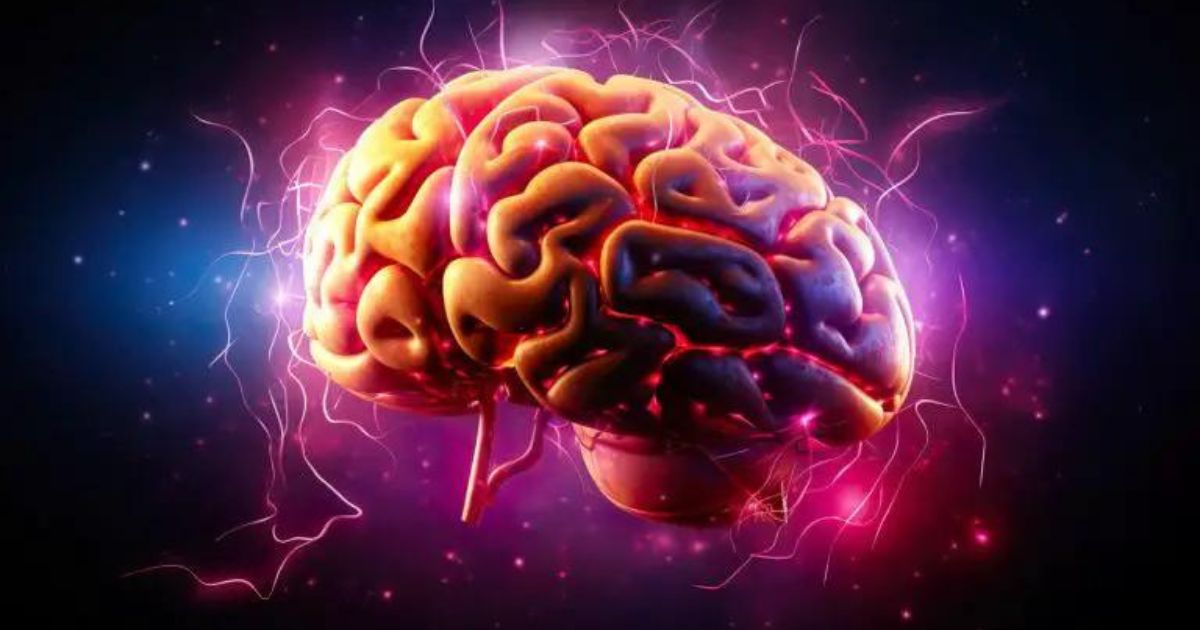A groundbreaking collaborative study conducted by researchers from The University of Queensland and Harvard Medical School has uncovered a concerning statistic: one in two people worldwide will grapple with a mental health disorder during their lifetime.
The study, spanning 29 countries and encompassing data from over 150,000 adults collected between 2001 and 2022, sheds light on the prevalence of mental health disorders and emphasizes the critical need for investment in youth mental health services and a deeper understanding of the development of these disorders.
Professors John McGrath from UQ’s Queensland Brain Institute and Ronald Kessler from Harvard Medical School, along with experts from 27 additional countries, joined forces for this extensive global study.
They analyzed data collected through the World Health Organization’s World Mental Health Survey initiative, marking the most comprehensive series of face-to-face interviews ever conducted.
Half the World’s Population Will Have Mental Health Disorder
The study’s findings are stark: half of the global population will confront a mental health disorder by the age of 75. This revelation underscores the pervasive nature of mental health challenges and the urgency of addressing them on a global scale.
The most commonly encountered disorders were mood disorders, including major depression and anxiety, with significant variations observed between genders.
The research highlighted notable gender disparities in the prevalence of mental health disorders. Among women, the three most common disorders were depression, specific phobia (a debilitating anxiety condition interfering with daily life), and post-traumatic stress disorder (PTSD).
In contrast, among men, the top three disorders included alcohol abuse, depression, and specific phobia. Understanding these gender-specific variations is crucial for tailoring effective mental health interventions.
The study revealed that mental health disorders often first emerge during childhood, adolescence, or young adulthood. The peak age for the onset of these disorders was found to be around 15 years old, with a median onset age of 19 for men and 20 for women.
These findings underscore the need for increased investment in basic neuroscience to comprehend the underlying factors contributing to the development of mental health disorders.
The global prevalence of mental health disorders outlined in this study calls for immediate and concerted action. Experts emphasize that addressing these challenges begins with youth mental health services, recognizing the early signs of mental health issues, and providing timely interventions and support.
Moreover, the study highlights the importance of breaking stigmas surrounding mental health. Open conversations, awareness campaigns, and education are essential tools for reducing the stigma associated with seeking help for mental health concerns.
By fostering a more accepting and supportive society, individuals may be more inclined to seek assistance when needed.
As mental health disorders affect a significant portion of the global population, the call for investment in mental health research has never been more urgent.
Understanding the complexities of these disorders, their triggers, and effective treatment strategies is paramount to improving the mental well-being of individuals worldwide.
The collaborative study conducted by researchers from The University of Queensland and Harvard Medical School serves as a wake-up call to the world. With the alarming statistic that 50% of the global population will grapple with a mental health disorder by age 75, it is imperative that nations prioritize mental health services, support youth mental health initiatives, and invest in research.
By addressing these challenges head-on, society can work towards a future where mental health is universally recognized as a fundamental component of overall well-being, and where timely interventions and support are readily accessible to all in need.



